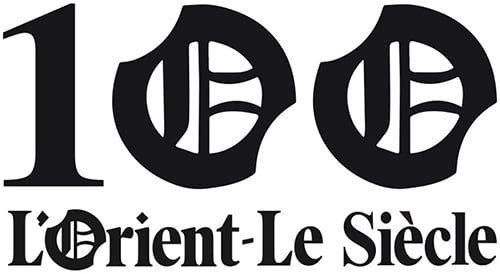Piipee is a system based on a solution which, when it comes into contact with urine, neutralizes its smell and color, eliminating the need to flush it away. Photo Piipee
It was his fourth day of fasting. In 2010, Ezequiel Vedana was determined to start eating again only when he would have a bright idea for a new business. Who would have thought that the toilet would provide his inspiration?
The fasting period was a way for the Brazilian to seek divine inspiration for a new stage in his life. Vedana, who once owned a graphic design business, wanted to change direction. His epiphany – not religious, but technological and environmentally friendly – would help to save billions of liters of water that literally go down the drain.
Until then, the most common way to reduce toilet water use was by using modern flushing mechanisms. “Ecological” toilets consume between three and six liters of water each time they are flushed. Older formats, such as toilets with water tanks mounted high and operated using a pull cord, consume anywhere between 10 and 15 liters per flush.
Vedana and his co-workers, including his wife, Ariane Pelicioli da Rosa, thought the so-called ecological toilets didn't save that much water. The solution they sought would reduce water waste by nearly 100 percent. That's when they came up with the idea for Piipee (pronounced peepeh).
They wanted to create a solution that, when it comes into contact with urine, neutralizes its smell and color, eliminating the need to flush it away.
Tests led the entrepreneurs to an essentially natural formula involving plant extracts and baking soda.
They also had to create a dispenser so that the solution would be activated every time someone went to the bathroom. For smaller rooms, a common spray would be enough, since the Piipee also freshens the air.
For a medium-size or large company, they recommend that the dispenser be installed in every toilet bowl and urinal, at a cost of 79.9 or 84.8 Brazilian reais (USD 22 or 24). The price might seem high, but the system's strong suit is that refills are cheap (24.9 reais for a 500 milliliter charge, 49.9 reais for one liter, 249,9 reais for 5 liters).
Since each application consumes only one milliliter, the unit cost is a mere 0.05 reais for every flush that’s avoided. Compare that to the price of a flush, which varies from 0.06 to 0.35 reais, depending on region and infrastructure.
"Very few people know how much each flush costs"
By installing the Piipee, a big company, whether industrial or retail, with 1,000 employees and an average flush rate of two times a day, could economize as much as 2,640 reais and 132,000 liters of water per month.
"Very few people know how much each flush costs. Few people know how many liters of water are used, or how much they pay for each liter of water used at home. And when people find out, they are stunned," says Vedana.
One company that has already tested Piipee, a restaurant in Brasilia, reduced its water bill from 4,172 to 2,720 reais in four months.
Such impact has earned the company 12 important international awards. The World Intellectual Property Organization recognized the idea as a global climate innovation, and Brazil has presented the device at climate summits such as COP 21 in Paris in 2015.
Companies that have tested the system include Braskem (a partner in the project), Itaú bank, Whirpool, retail chain Renner and magazine publisher Grupo Abril.
Production started through a system of pre-orders; the company sold the product and promised delivery within 60 days. Vedana was proud that the first lot of Piipee devices was manufactured and delivered in only 30 days. He estimates that the device has already saved 8 million liters of water.
Vedana won't reveal sales numbers, but claims the company grew nearly fourfold from 2016 to 2017, and says that based on current trends, 2018 promises record sales. He is looking for international partners, and recently traveled to South Africa to that end.
He plans to sell Piipee soon using a model similar to that adopted by cosmetics companies, with self-employed representatives marketing the device door to door.

commentaires (0)
Commenter